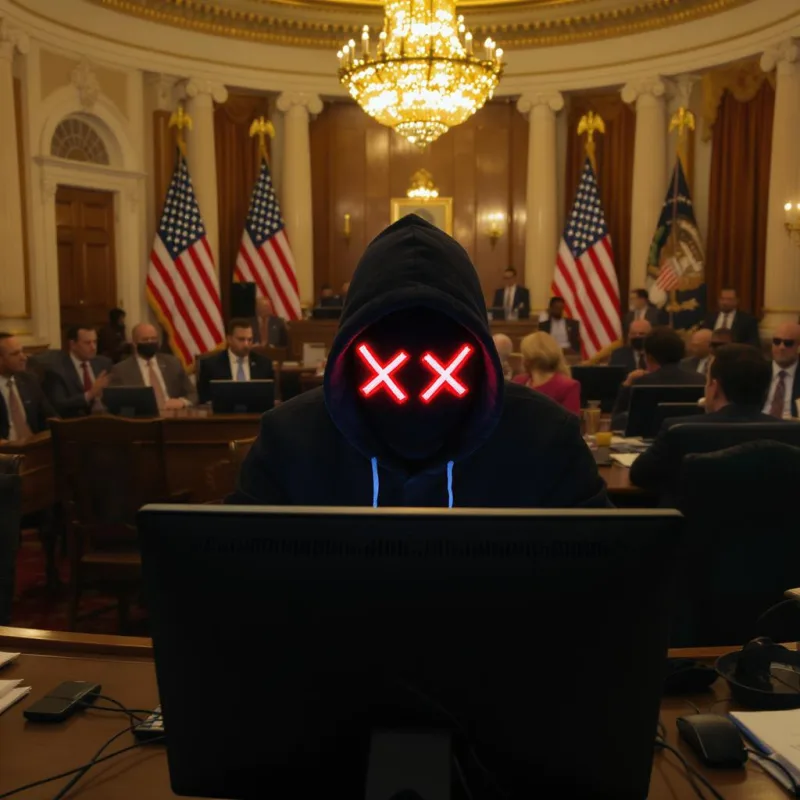Posted inCybersecurity News
WhatsApp discovers (and removes) 6.8 million accounts linked to global scam operations.
In a sweeping enforcement action during the first half of 2025, WhatsApp—owned by Meta—expelled more than 6.8 million accounts linked to global scam operations. This initiative targeted criminal networks behind large-scale fraud schemes, particularly those operating so-called “scam centers” in Southeast Asia, including countries such as Cambodia and Myanmar.





